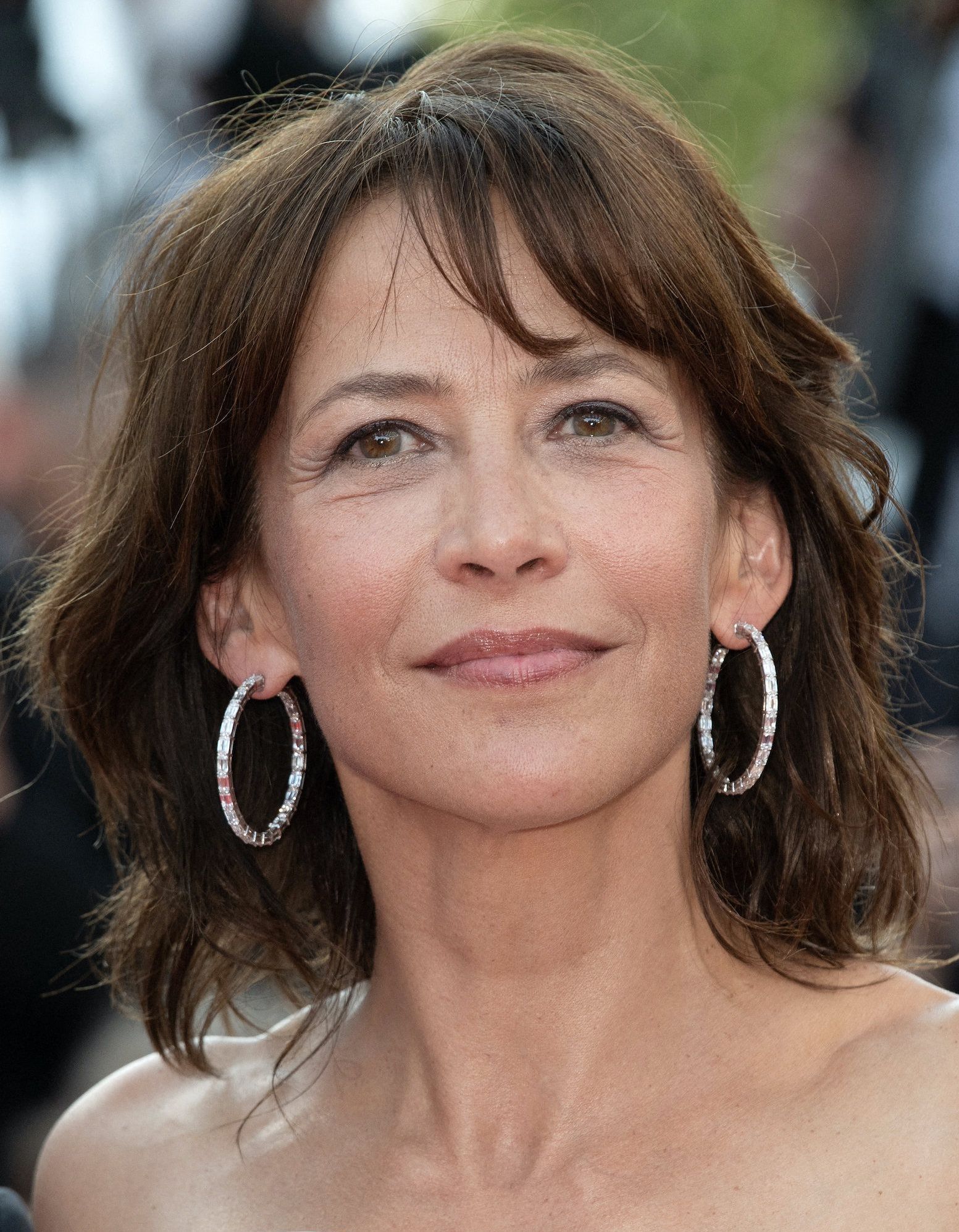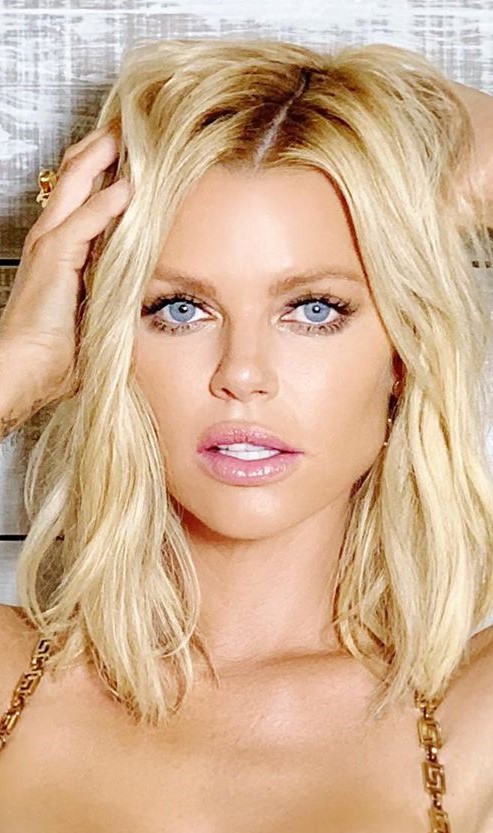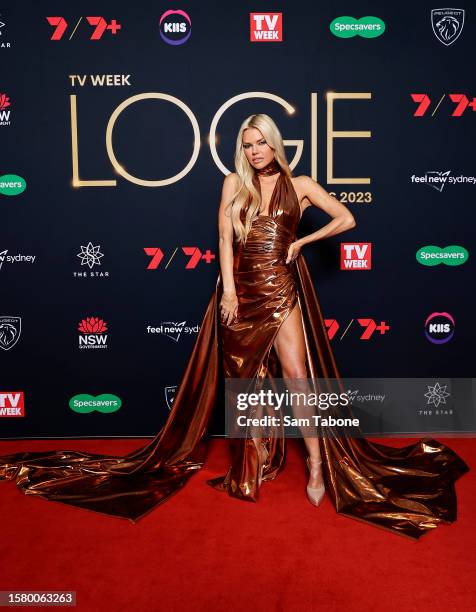It's almost undeniable that when a name like Sophie Rain pops up in online searches, especially alongside phrases like "nude leaks," it captures a lot of attention. People are naturally curious, and the internet, in a way, has made information, or what appears to be information, incredibly accessible. This kind of search query, so it seems, often points to a broader interest in public figures and the sometimes blurry lines between their private lives and public personas. You know, it really makes you think about how we consume information online, and what happens when personal boundaries are, perhaps, overlooked.
The digital age, quite frankly, presents a unique set of challenges for anyone in the public eye. Stories about various public figures, including those named Sophie, tend to spread like wildfire, sometimes without much verification. For instance, we've seen how figures like Sophie Turner, a well-known actor, have had to speak about the authenticity of certain scenes in her work, trying to reassure fans about the creative choices made. Then there's Sophie Habboo, who recently shared very personal news about her pregnancy, a moment that quickly became public knowledge. These instances, in their own ways, highlight how quickly personal details can become topics of widespread discussion, and how the public's curiosity can sometimes overshadow personal privacy.
So, when we see searches for "Sophie Rain nude leaks," it's not just about one individual; it's also about the bigger picture of online content, privacy, and the responsibilities we all have as digital citizens. It’s a very real reminder that what we search for, share, or even just glance at online has consequences, not just for the people involved, but for the wider digital environment too. This article will explore the complexities surrounding such online searches, focusing on the broader implications for privacy, misinformation, and ethical online engagement, rather than discussing any alleged content.
Table of Contents
- Sophie Rain: A Brief Overview
- The Digital Landscape and Celebrity Privacy
- Understanding the Impact of Online Leaks
- Navigating Misinformation and Rumors
- Protecting Yourself Online and Ethical Consumption
- Frequently Asked Questions About Online Privacy
- Conclusion: Fostering a Safer Online Space
Sophie Rain: A Brief Overview
Sophie Rain, as many might know, is a figure who has gained a fair bit of recognition across various social media platforms. Her presence online has, in some respects, led to a considerable following, and she's become, you know, a recognizable face for many younger audiences. Like many people who build a following online, her activities and content often become subjects of public interest and discussion. This kind of public visibility, naturally, comes with its own set of challenges, particularly when it comes to personal privacy and the spread of information.
It's worth noting that the lives of public figures, whether they are actors, musicians, or social media personalities, are often under a microscope. We've seen this with various Sophies mentioned in the news. For instance, the tragic passing of Sophie Nyweide, a former child actor, brought her life and circumstances into the public conversation in a very profound way. Similarly, the work and legacy of the artist and producer Sophie Xeon, whose passing at a young age devastated fans, became widely discussed. These examples, basically, show how public figures, regardless of their specific field, often find their personal stories becoming part of the public narrative, sometimes in ways they might not expect or choose.
Personal Details and Bio Data of Sophie Rain
| Aspect | Detail |
|---|---|
| Name | Sophie Rain |
| Occupation | Online Personality / Content Creator |
| Known For | Social Media Presence, Online Content |
| Public Status | Public Figure, Subject of Online Discussion |
The Digital Landscape and Celebrity Privacy
The internet, quite frankly, has changed how we think about privacy, especially for people in the public eye. What might have once been a private moment can, nearly instantly, become a global headline. This rapid spread of information, sometimes without proper context or consent, poses a significant challenge. It's almost as if the digital world has created a constant, pervasive spotlight that follows public figures everywhere they go, even into spaces that would traditionally be considered private. You know, it's a very different world from just a few decades ago.
For someone like Sophie Rain, whose career is built on sharing aspects of her life online, the boundaries can become particularly hazy. The constant demand for new content and personal connection can, in a way, make it harder to maintain a clear division between what is public and what should remain private. This is a struggle that many public figures face. Consider, for example, the ongoing public interest in the personal life of Sophie, the star involved in custody disputes with a Jonas Brothers member; her private battles became very much a matter of public record, even though they concerned her children. This kind of intense scrutiny is, in some respects, a common thread for anyone living under the public gaze.
Moreover, the rise of user-generated content platforms means that anyone with a phone can become a reporter, or, unfortunately, a source of misinformation. This decentralization of information can be both empowering and problematic. It means that rumors or unverified claims can gain traction very quickly, sometimes before the truth has a chance to catch up. This is a really important aspect to consider when we see searches for "sophie rain nude leaks" or similar phrases; the origin and accuracy of the information are often, perhaps, secondary to the sheer speed of its spread. We, as users, have a role to play in slowing down and questioning what we see.
Understanding the Impact of Online Leaks
When private content, especially something as sensitive as alleged "nude leaks," becomes public without a person's consent, the impact can be absolutely devastating. It's not just about a momentary embarrassment; it's about a profound violation of privacy and personal dignity. The emotional toll on the individual can be immense, leading to feelings of betrayal, shame, and even fear. This kind of experience can, quite frankly, affect a person's mental well-being, their relationships, and even their career for a very long time. It's a serious matter, and we should treat it as such.
The spread of such content also contributes to a culture where privacy is devalued and where individuals, especially women, are often objectified. It sends a very clear, if unspoken, message that a person's body or private life can be treated as public property, which is, obviously, a deeply harmful idea. This kind of content, you know, often originates from non-consensual sharing, which is illegal and unethical. It's a form of digital harassment and, in many cases, a crime. We really need to understand that behind every search term and every image, there is a real person whose life can be profoundly affected.
Furthermore, the existence of such searches and the content they point to can perpetuate a cycle of harm. When people search for and consume "leaked" content, they are, perhaps unknowingly, contributing to the demand for it, which then incentivizes those who seek to exploit others. It's a pretty complex issue, and it requires us to think critically about our own actions online. We need to consider the ethical implications of our clicks and shares, and whether they align with our values of respect and empathy. Learning more about online safety on our site can, in a way, help you understand these dynamics better.
Navigating Misinformation and Rumors
The internet, while a wonderful tool for connection, is also a fertile ground for misinformation and rumors. When something like "sophie rain nude leaks" gains traction, it's very often fueled by speculation rather than verified facts. People might see a headline or a social media post and, almost instinctively, believe it to be true without checking its source or validity. This tendency to accept information at face value can lead to the rapid spread of false narratives, which can be incredibly damaging to individuals and the public discourse. It's a challenge we all face, frankly, in our daily online lives.
Consider, too, how quickly false information can spread about public figures. The news cycle, in some respects, is always hungry for fresh stories, and sometimes, the line between fact and fiction can become very blurry. We've seen instances where public figures, like Sophie Turner, have had to directly address rumors or clarify situations that have been misconstrued by the media or the public. Her comments about the necessity of certain scenes in "Game of Thrones," for example, were a direct response to public perception and discussion. These situations highlight the constant need for critical thinking when consuming news about anyone in the public eye. You know, it's not always as it seems.
So, how can we, as users, navigate this often-confusing digital landscape? One very important step is to always question the source of information. Is it a reputable news outlet, or is it an anonymous social media account? Another helpful practice is to look for corroborating evidence from multiple, trustworthy sources. If something seems too sensational or too good (or bad) to be true, it very often is. Developing strong digital literacy skills is, basically, essential for everyone today. It's about being a smart consumer of information, and that means taking a moment to pause and verify before accepting or sharing anything. This page about media literacy can, in some respects, offer more insights into how to do this effectively.
Protecting Yourself Online and Ethical Consumption
In a world where searches for things like "sophie rain nude leaks" are common, it's incredibly important for everyone to understand how to protect their own privacy online. This isn't just about public figures; it's about every single one of us. Strong passwords, two-factor authentication, and being mindful of what you share on social media are, arguably, basic steps. But it goes deeper than that. It's also about understanding the privacy settings on all your apps and platforms, and taking the time to review them regularly. You know, those settings are there for a reason, and they can make a big difference.
Beyond personal protection, there's the concept of ethical online consumption. This means making conscious choices about the content we engage with. When we encounter searches or discussions about alleged "leaks" or private content, we have a choice: do we contribute to the spread of potentially harmful material, or do we choose to disengage and report it? Choosing not to search for, view, or share non-consensual intimate images is a very powerful way to stand against online exploitation and harassment. It's about showing respect for others' privacy and dignity, even when they are public figures. This kind of mindful engagement is, perhaps, more important now than ever before.
It’s also crucial to remember that platforms themselves have policies against the non-consensual sharing of intimate images. If you encounter such content, reporting it to the platform is a responsible action. Many organizations also offer support for victims of online harassment and image-based abuse. For example, the Electronic Frontier Foundation (EFF) offers resources and information on digital rights and privacy, which can be very helpful. Being an ethical digital citizen means understanding these resources and knowing when and how to use them. It's about contributing to a safer and more respectful online environment for everyone, and that, is that, something we can all strive for.
Frequently Asked Questions About Online Privacy
Here are some common questions people have about online privacy, especially in the context of public figures and sensitive content:
1. What should I do if I find private content of someone online without their consent?
If you come across private content of someone shared without their permission, the best course of action is to report it to the platform where it's hosted. Most social media sites and content platforms have clear policies against non-consensual intimate imagery. You should also avoid sharing or downloading the content, as this can further contribute to the harm. It's about being a responsible user, you know, and not amplifying something that could be very damaging.
2. How can I protect my own privacy on social media?
Protecting your privacy on social media involves several steps. First, regularly review and adjust your privacy settings on all platforms to control who can see your posts and personal information. Use strong, unique passwords for each account, and enable two-factor authentication whenever possible. Be mindful of what personal details you share, even seemingly innocuous ones, and think twice before posting photos that reveal your location or other sensitive information. Basically, it's about being proactive and aware of your digital footprint.
3. Is it illegal to share someone's private images without their permission?
Yes, in many jurisdictions, sharing someone's private images without their permission, especially intimate ones, is illegal and can carry severe penalties. This act is often referred to as "revenge porn" or non-consensual dissemination of intimate images. Laws vary by country and region, but the general consensus is that such actions are a serious violation of privacy and personal rights. It's a very serious offense, and people should be aware of the legal consequences. We, as a society, are becoming much more aware of the harm these actions cause.
Conclusion: Fostering a Safer Online Space
The interest in searches like "sophie rain nude leaks" really highlights a larger conversation we need to have about digital ethics and privacy. It's a bit of a complex topic, but it boils down to respect and responsibility. Every click, every share, and every search has an impact, and we, as users, have the power to shape the online world we inhabit. By choosing to prioritize privacy, to question misinformation, and to engage with content ethically, we can help create a safer, more respectful digital environment for everyone. It's a continuous effort, but it's one that's very much worth making. Let's work together to build a better online community.
Related Resources:



Detail Author:
- Name : Prof. Mayra Hermiston
- Username : qkilback
- Email : wwilliamson@yahoo.com
- Birthdate : 1994-04-13
- Address : 817 Senger Harbors Rutherfordfurt, SD 88559-8258
- Phone : 423.461.4450
- Company : Stamm, Kuphal and Collins
- Job : Automotive Technician
- Bio : Consectetur voluptas sint harum ut rem consectetur. Velit possimus ut aut minima reiciendis eos. Consequatur nulla unde et sint perferendis at.
Socials
linkedin:
- url : https://linkedin.com/in/bward
- username : bward
- bio : Suscipit quidem et autem recusandae deserunt.
- followers : 4037
- following : 1125
facebook:
- url : https://facebook.com/breanna1006
- username : breanna1006
- bio : Inventore nam animi doloremque pariatur ut dolor ut molestiae.
- followers : 3609
- following : 2028
tiktok:
- url : https://tiktok.com/@breanna_ward
- username : breanna_ward
- bio : Est velit libero sit sapiente. Id ipsam molestiae doloribus.
- followers : 4469
- following : 290
instagram:
- url : https://instagram.com/breanna_xx
- username : breanna_xx
- bio : Aspernatur rerum maxime culpa quod mollitia provident ratione. Veniam odit quidem velit.
- followers : 384
- following : 2018
twitter:
- url : https://twitter.com/breanna_real
- username : breanna_real
- bio : Eum ut quibusdam maiores ut dicta. Quidem omnis tempora unde vero et iure. Laudantium occaecati esse est.
- followers : 3165
- following : 1043